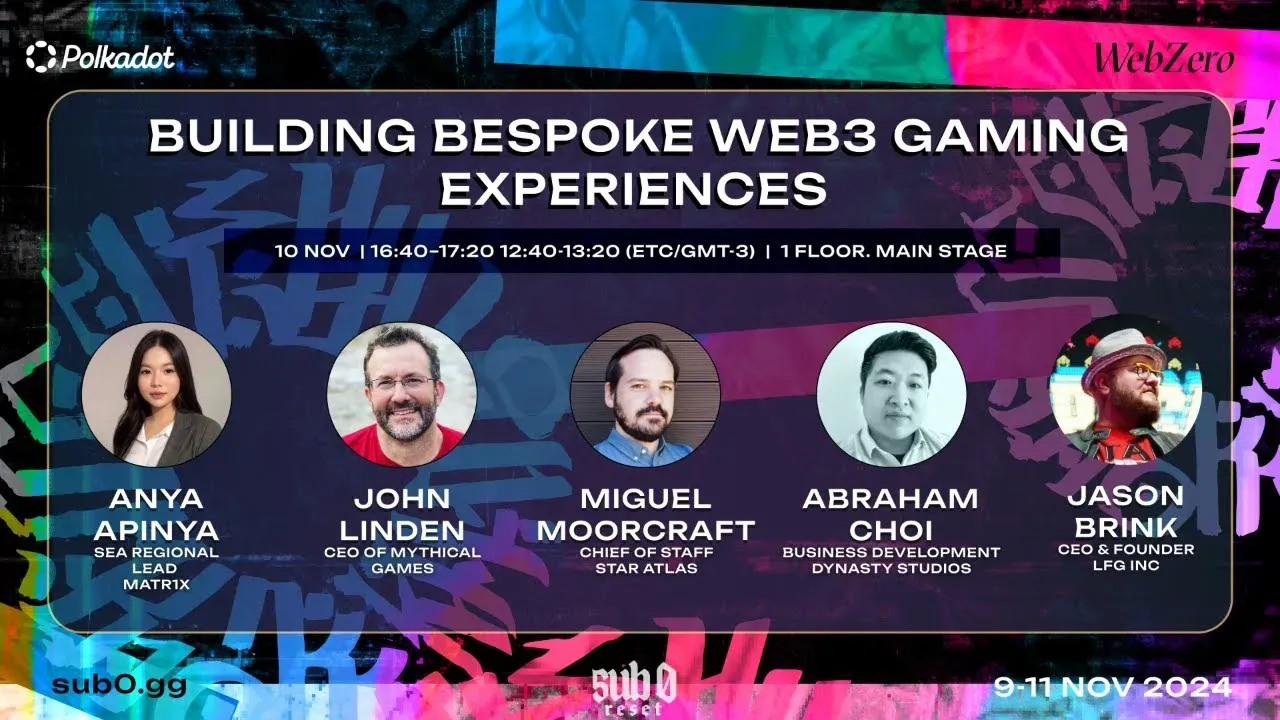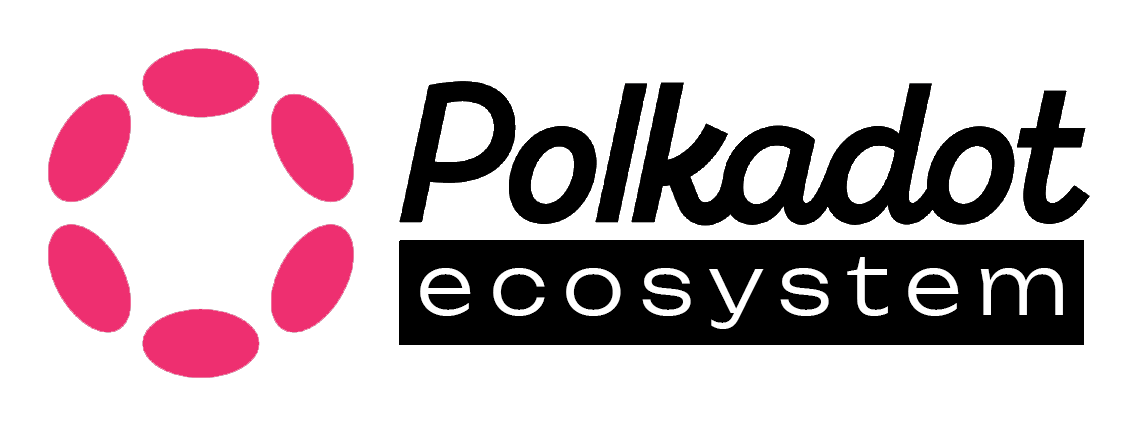Building Bespoke Web3 Gaming Experiences
Este conteúdo não está disponível em sua língua ainda.

The Sub0 Reset 2024 event brought together leading voices from the Web3 gaming industry for an engaging discussion titled “Building Bespoke Web3 Gaming Experiences.” The panel featured distinguished speakers Jason Brink (LFG Inc), Miguel Moorcraft (Star Atlas), John Linden (Mythical Games), and Abraham Choi (Dynasty Studios), moderated by Ana, a Southeast Asia ambassador for Matrix Fire. This insightful conversation explored the unique challenges and opportunities in crafting player-driven, blockchain-powered games.
Redefining Gaming with Web3 Economies
From Digital Identity to Ownership
John Linden, CEO of Mythical Games, shared his journey from traditional gaming with Activision Blizzard to pioneering Web3 economies. Highlighting examples from Mythical’s portfolio, Linden explained that player identity and ownership in gaming have evolved significantly. He pointed to games like NFL Rivals, where player-earned assets such as cards achieve value based on community pricing rather than direct monetization. This shift empowers players to express their digital identities and foster open economies.
Collaborative Game Logic and Community Building
Miguel Moorcraft, Chief of Staff at Star Atlas, emphasized the revolutionary potential of composability in Web3 games. By putting game logic and assets on-chain, Star Atlas enables communities to co-create and drive content development. This decentralized approach shifts the paradigm from studio-centric design to community-driven innovation, creating a virtuous cycle that enhances player experiences.
Overcoming Early Missteps
Jason Brink, founder of LFG Inc, reflected on the rough beginnings of Web3 gaming, where the industry often prioritized tokenomics over engaging gameplay. Brink stressed that gaming experiences must focus on player enjoyment rather than treating NFTs and tokens as asset classes. He cited improvements in the space and commended projects like Star Atlas for raising the bar with immersive and high-quality games.
Bridging the Gap: Web2 vs. Web3 Gaming
Addressing Adoption Barriers
The panel discussed the challenges of mainstream adoption in Web3 gaming. Linden highlighted the importance of creating frictionless user experiences, comparing Web3’s current complexity to the seamless integration of the TCP/IP protocol in internet gaming. For Web3 gaming to thrive, it must offer intuitive and accessible systems that players can engage with effortlessly.
Aligning with Gamer Expectations
A recurring theme was the mismatch between what gamers expect and what Web3 games often deliver. Linden noted that traditional gamers prioritize familiar trading mechanics over financial concepts like bids, asks, and floor prices. Mythical Games has addressed this by introducing innovative trading systems that align with gamer behavior, fostering a more engaging and accessible experience.
The Role of Community and Guilds
Redefining Guilds in Web3
The concept of guilds took center stage as panelists discussed their evolving role in Web3 gaming. Miguel Moorcraft described Star Atlas’s decentralized autonomous corporations (DACs), which empower communities to organize and pursue objectives collaboratively. These organizations leverage blockchain to provide shared treasuries, voting mechanisms, and on-chain impact, further enhancing community-driven gameplay.
Moving Beyond Airdrops
While traditional gaming guilds often focus on financial incentives, the panel agreed that sustainable Web3 games must prioritize gameplay and community over profit-driven models. Linden advocated for purpose-driven guilds, such as those seen in Call of Duty, which foster long-term engagement through shared strategies and friendships.
Key Challenges in Web3 Gaming Development
Security and Asset Protection
Moorcraft highlighted the critical need for robust security in Web3 gaming, given the real-world value of in-game assets. The industry has witnessed catastrophic security breaches that have eroded trust and destroyed promising projects. Building secure systems is essential to sustaining player confidence and ecosystem integrity.
Building in the Open
Unlike traditional gaming, where development often remains behind closed doors, Web3 projects operate transparently from day one. This dynamic creates pressure to deliver visible progress early, which can lead to unrealistic expectations. However, it also fosters faster development cycles and stronger community engagement, as seen in Star Atlas.
Mistakes and Lessons for the Future
The Importance of Purpose
The panel underscored the necessity of a clear “why” for integrating Web3 technology into games. Linden cautioned against superficial implementations of blockchain, emphasizing that successful projects must leverage Web3 as a paradigm rather than a feature. Whether for creating tradable economies, fostering creator ecosystems, or enabling community governance, Web3 must serve a meaningful purpose.
Balancing Tokenomics and Player Experience
Brink warned of the dangers of applying traditional revenue models to Web3 games without considering tokenomics. Mismanaging reward tokens or treating them as revenue streams can destabilize game economies. Successful games must carefully design tokenomic systems that align with player incentives and maintain ecosystem health.
Looking Ahead: The Path to Mass Adoption
The panel concluded by envisioning a future where Web3 gaming achieves mainstream success through high-quality, immersive experiences. As the industry matures, developers are learning from past mistakes and embracing innovative solutions to create games that seamlessly integrate blockchain technology. The speakers emphasized that by focusing on player enjoyment and meaningful engagement, Web3 gaming can transcend its niche and transform the broader gaming landscape.
Sub0 Reset 2024’s discussion on bespoke Web3 gaming experiences offered valuable insights into the industry’s current challenges and future potential. With pioneers like Mythical Games, Star Atlas, and Dynasty Studios leading the charge, the Web3 gaming ecosystem is poised to deliver groundbreaking innovations that redefine player ownership, community collaboration, and immersive gameplay.

